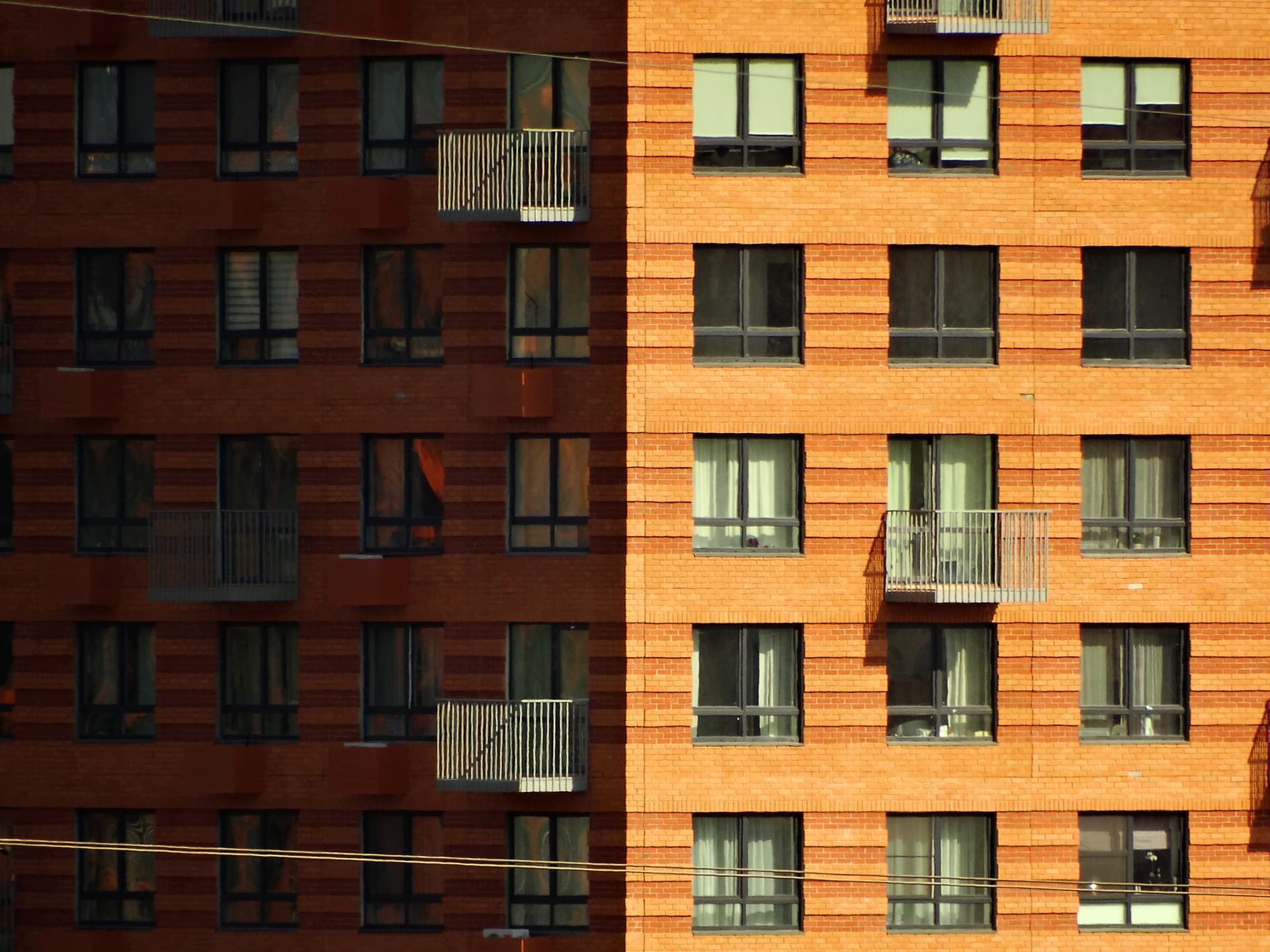Trends in residential privatization: Where is the market heading in Germany?

20.
November 2024
The privatization of residential real estate has been a key topic in Germany for years, particularly in high-growth cities like Berlin and Leipzig. Over the past decades, many public housing stocks have transitioned into private ownership, but new trends now shape the future of the housing market. Where is the market headed, and what factors drive demand for privatized apartments in urban locations?
Focus on Urbanity: Cities as Investment Hubs
Cities remain the central stage for housing privatization in Germany. Population growth, urbanization, and strong demand for centrally located housing continue to make Berlin and Leipzig attractive markets. Urban migration fuels demand for city properties, and privatized apartments—whether historic or newly built—are increasingly popular with investors. Those investing in central locations will find urban areas a reliable foundation for stable rental income and potential value appreciation.
Historic and New Builds: Two Paths to Value Growth
Privatized apartments offer investors flexibility in choosing between historic and new builds, each with distinct advantages. This mix is set to remain beneficial in the coming years:
Historic Builds:
With unique architecture and high ceilings, they provide character-filled living spaces. Demand for historic apartments remains consistently high in metropolitan areas. Value can be increased through targeted modernizations focused on energy efficiency and comfort to enhance rental appeal.
New Builds:
These are increasingly favored by private investors due to their energy efficiency and added comfort. Features such as smart home technologies and sustainable construction methods are becoming more sought after, making new builds long-term attractive. In urban settings, they enable forward-looking housing concepts that meet high standards.
Flexible Ownership: From Investment to Personal Use
A key trend in housing privatization is the growing demand for flexible use options. Private investors increasingly value apartments that serve as both investment properties and personal residences. Privatized apartments in cities can help build wealth while offering the possibility of becoming future homes. Flexibility—renting out or living in the property—enhances their appeal to both investors and prospective homeowners.
Rising Demands on Investors: More Equity and Expertise
With rising financing costs and increased requirements in the real estate market, a trend toward higher equity and in-depth expertise among investors is emerging. The market is becoming more challenging, driven by regulatory frameworks, ESG criteria, and tailored value-enhancement strategies. Investors who secure the value of their properties through renovations in historic builds or smart-home integrations in new builds gain long-term advantages. The shift from speculative to well-thought-out, sustainable investment strategies is becoming evident.
Strong Demand for Central Housing
Despite high housing costs that may make the market more selective for tenants, demand for centrally located housing in cities remains strong. Urban locations are central to privatization in Germany, promising long-term stable returns. Apartments in city centers attract both domestic and international investors, further fueling the privatization market.
Recommendations for Investors: How to Benefit from Privatization
Long-Term Planning:
The market for privatized apartments is moving toward greater stability. Investors focusing on long-term holdings benefit from sustained demand in urban areas.
Targeted Value Enhancements:
Small upgrades, such as energy-efficient appliances or smart home features, can increase value. Historic properties benefit from selective improvements, while new builds retain their appeal through modern design.
Focus on Flexibility:
Privatized apartments with flexible usage options, such as rental or personal occupancy, offer significant advantages to investors. Positioning properties as versatile assets boosts their market appeal.
Careful Location Selection:
While urban housing is in demand, choosing the right neighborhood and property type remains critical. Stable areas with good infrastructure and growth potential provide a solid foundation for value growth.
Privatization as a Stable Investment Opportunity in Urban Settings
Residential privatization in Germany remains an attractive option, particularly in urban centers. Investors choosing between historic and new builds benefit from the ability to use properties as long-term investments or adapt them to rental or personal needs. Amid changing interest rates and increasing market demands, privatized housing offers a stable investment opportunity for those who strategically capitalize on urban housing trends.